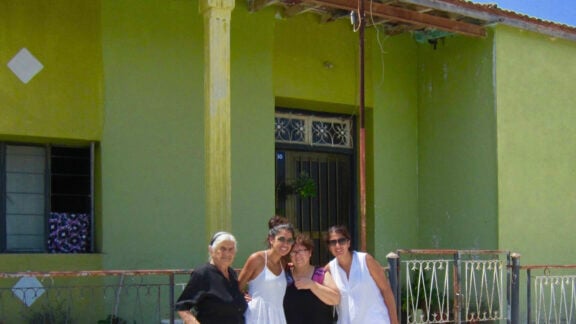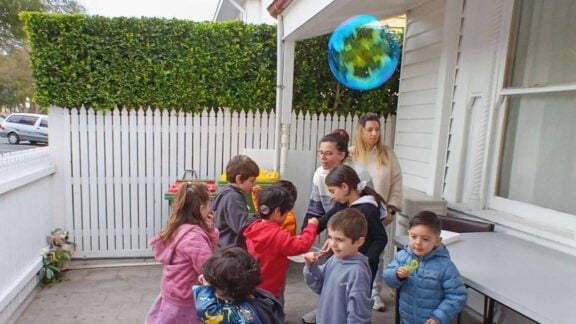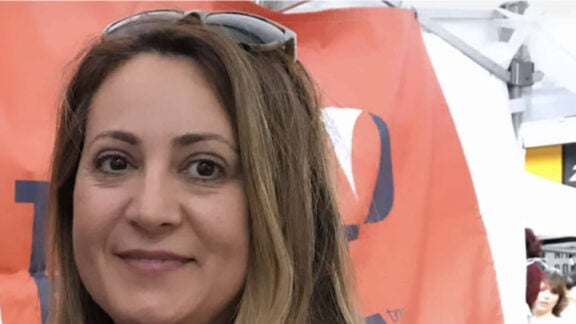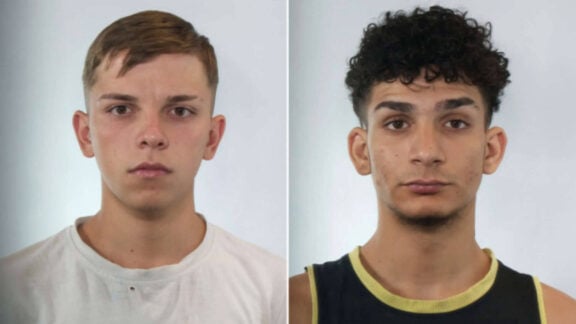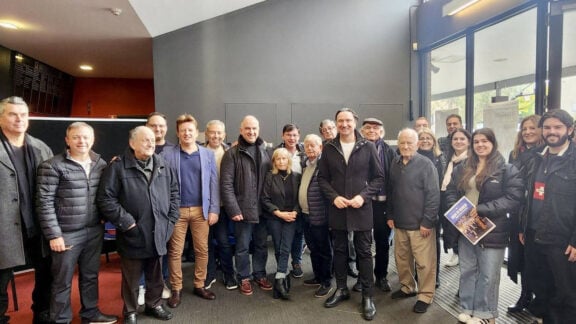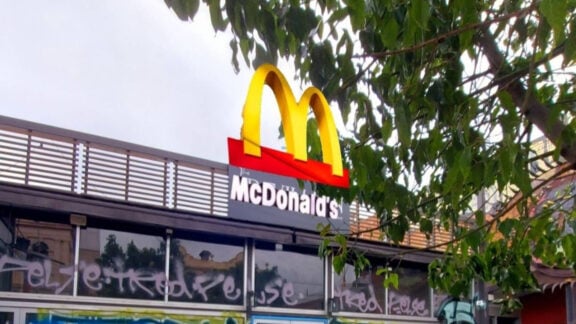Despite Modern Greek being noted to be the sixth most spoken language across Australia, the 2016 ABS census results show that the number of Greek speakers across the country are in decline.
But the government is looking to curb the trend with preschools across the country encouraged to introduce the language to children in 2018 as part of a nationwide language program being run by government.
Backed by $15.7 million in funding, the Early Learning Languages Australia (ELLA) program is designed to engage pre-schoolers with languages other than English through a series of play-based apps, which are aligned to the Early Years Learning Framework with Modern Greek one of 13 languages being endorsed by education ministers.
“The ELLA apps could encourage and ignite interest in long term Greek language learning and culture from a young age. This will also support recent activities by Greek communities in Australia to maintain connections to language and culture through the Speak Greek in March campaign in 2016,” a spokesperson from the Department of Education and Training told Neos Kosmos.
“For children of families with a Greek heritage, ELLA will provide them with the opportunity to learn the language which they may be hearing at home, through extended families, in their local communities and where there are high populations of Greek speakers,” while for children who are unfamiliar with Greek language and culture, the program will provide the opportunity for them to connect with Modern Greek where they may not have previously had that opportunity.
Aside from sparking an interest in other cultures from an early age, research has also shown that learning another language like Greek as a child has a host of long-term positive effects, including listening, memory recall, better problem solving, improved critical thinking, greater cognitive flexibility, verbal and spatial abilities.
Meanwhile as part of the roll out there are also 1,000 grants of $500 available to assist with the purchase of tablet devices and accessories to help preschools take part in the program.
What makes the ELLA program particularly unique is that is has been designed so that educators do not have to be experts in the language. While there is scepticism surrounding the success of the program without native speakers for support, the department assures that there will be resources in place for face-to-face training, along with access to a staffed help desk, a dedicated website with a range of resources, an experienced Liaison officer, online forum and Facebook group.
“We had an incredible response in the first year of the nationwide roll-out of the program,” said Minister for Education and Training, Simon Birmingham, “with over 1,800 preschool services and more than 60,000 children across Australia participating in learning different languages.”
Applications are now open for the ELLA program until 15 December, 2017. For more information and to submit an application, visit ella.edu.au


